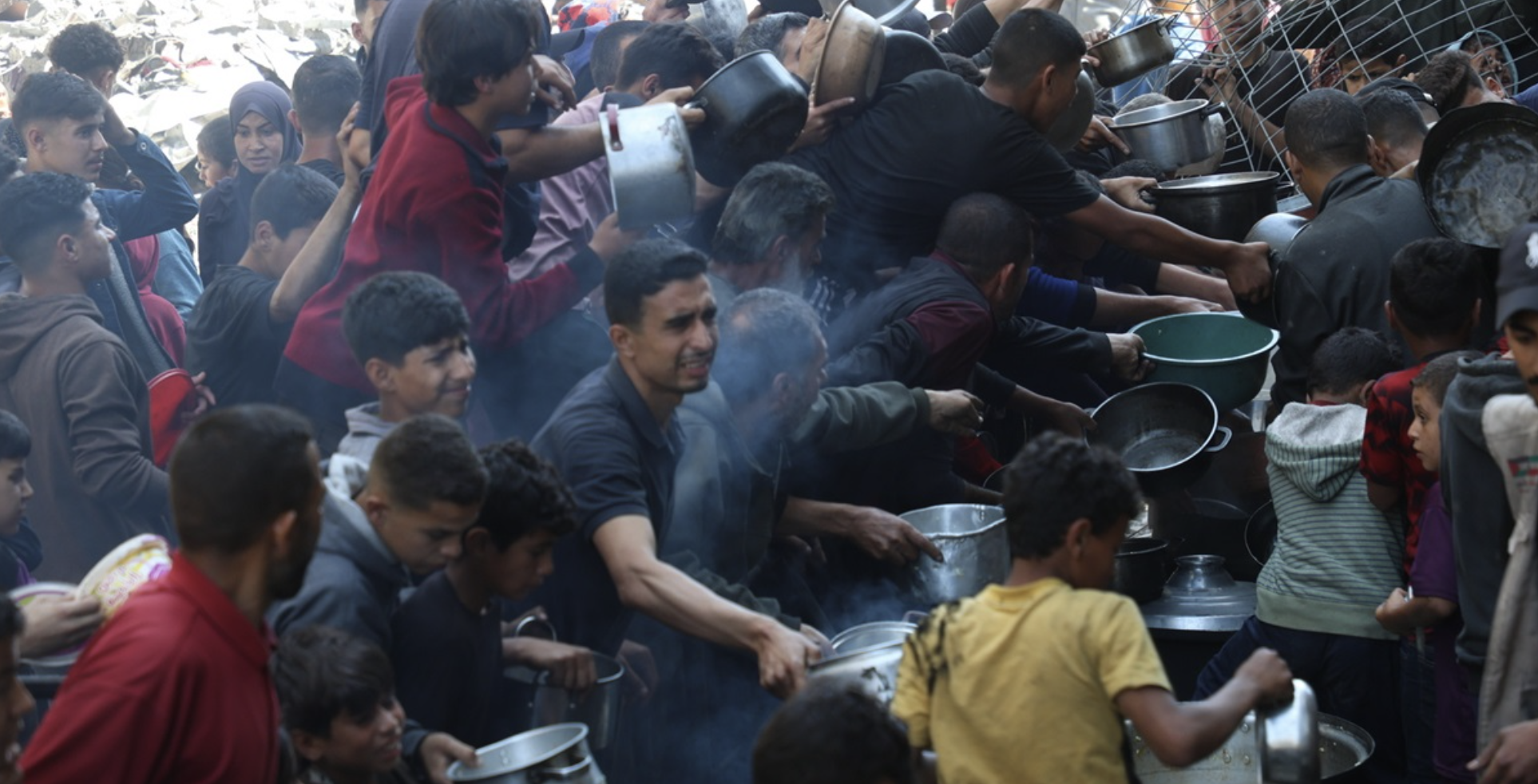As Israel continues its genocide on occupied Gaza, the World Health Organisation has warned that the ongoing blockade is leading to “one of the world’s worst hunger crises unfolding in real time.”
With the international community standing idly on the sidelines, food security experts warn that Gaza now stands on the verge of famine.
The entire 2.1 million population of Gaza is facing prolonged food shortages, with nearly half a million people experiencing catastrophic hunger, acute malnutrition, and heightened risk of illness and death. Children are particularly vulnerable.
Gaza’s health ministry reports that 57 children have died from acute malnutrition—a figure experts believe is likely an underestimate and expected to rise.
According to the Integrated Food Security Phase Classification (IPC) partnership report, nearly 71,000 children under the age of five could become acutely malnourished over the next eleven months if conditions don’t improve.
“We do not need to wait for a declaration of famine in Gaza to know that people are already starving, sick and dying, while food and medicines are minutes away across the border,” said WHO Director-General Dr Tedros Adhanom Ghebreyesus.
“Without immediate access to food and essential supplies, the situation will continue to deteriorate, causing more deaths and descent into famine.”
Harrowing images of starving, malnourished children
News footage show harrowing images of severely malnourished Palestinians, especially children.
With healthcare infrastructure severely damaged, the risk of severe illness and death grows, particularly for children suffering from severe acute malnutrition who urgently need treatment to survive.
Pregnant and breastfeeding mothers face high risks of malnutrition, which means they struggle to produce sufficient breast milk—a crucial protection for infants against hunger and disease, particularly in areas where clean water is scarce.
“Without enough nutritious food, clean water, and access to healthcare, an entire generation will be permanently affected,” said the WHO press release, which described current plans to distribute food into Gaza as “grossly inadequate.”
The organisation called for humanitarian principles to be upheld and for unimpeded aid distribution.
The aid restrictions continue to undermine WHO’s ability to support malnutrition treatment centres and sustain the broader health system.
The remaining supplies in WHO’s stocks inside Gaza can treat only 500 children with acute malnutrition—far below the urgent need—while essential medicines and supplies to treat diseases and trauma injuries are running out and cannot be replaced due to access limitations.
“People are dying while WHO and partners’ life-saving medical supplies sit just outside Gaza—ready for deployment, with safeguards in place to ensure the aid reaches those who need it most in line with humanitarian principles,” the WHO statement concluded.
“WHO calls for the protection of healthcare and for an immediate end to the aid restrictions, which is starving people, obstructing their right to health, and robbing them of dignity and hope.”
Image: WHO

















